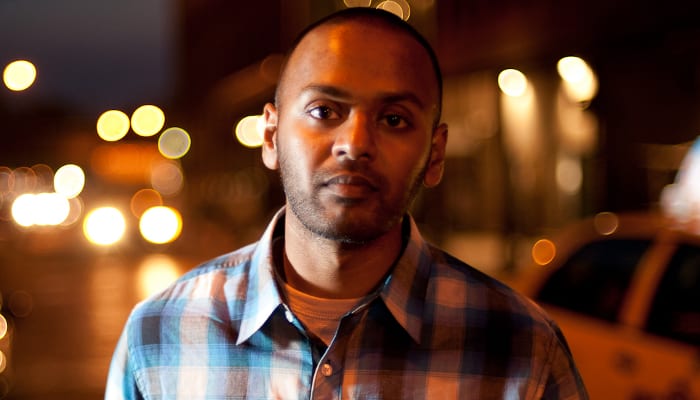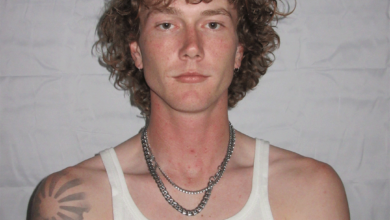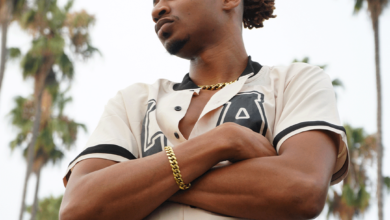Ahmen (New York) – “Q&A Interview”
 Tell us a little about yourself. Where you are from? How long have you been making Hip Hop?
Tell us a little about yourself. Where you are from? How long have you been making Hip Hop?
I love the power of hip-hop and its ability to open doors and change lives, and as an MC, I try to stay true to that potential. I’ve lived across the world and internationally, so hip-hop has always been that constant force to help me express myself and connect with others. Now that I’ve been a hip-hop artist for over 10 years, I feel an obligation to present myself at my core and create music that you can see yourself in at the same time. Given the wide range of my influences – from 2pac’s west-coast “gangster rap” to b-boying to legendary performers like Sinatra and Bono – I hope the chances are good. I’m not one of those artists who just wants to speak about their life story, or just wants to comment on the world. Maybe we can do all of the above.
Describe your music, and what separates you from other East Coast MCs?
What separates me is the fact that I’m not a traditional East Coast MC, nor am I mainstream, and I’m not even underground. I’m somewhere in all of those styles, but not even in the middle. My music is intended to connect with the audience, and as a listener, you might find that connection in a socially conscious track like “Headphones”, an introspective but comical song like “Troublemaker”, or a party rebel song like “Samuel L Jackson”.
Who would like to collab with in the near future?
I’m a huge believer in collaboration – it’s an amazing way to push hip-hop forward in creative ways. It makes us unique. That said, I’m ready to collab with just about any producer or MC. Just don’t ask me to pay you or write something for you. I’m true to my art and want you to do the same.
Who does your production, and who would you like to work with?
On this last album, I worked with a wide range of producers. When I went into the process, I knew what type of feel the album needed to have, and was fortunate to find some amazing producers along the way. I believe you won’t find any beat on this album that sounds like the overly formulaic stuff that’s out there, and at the same time, the beats aren’t so raw or obscure that you’d never want to listen to them.
Tell us about your most recent project, “Hero Ball”?
Basketball fans know what the concept of “Hero Ball” is all about. Our sports icons, like Michael Jordan and Kobe Bryant, are known for taking over games in the 4th quarter. They’re willing to put the team on their back and take those big shots. When it works, they’re heroes. When it doesn’t, they’re criticized for breaking away from someone’s preconceived notion of what should’ve happened. Hero Ball represents those pivotal moments. From track to track, I tried to take big shots on behalf of myself and the public. If it works, you’ll connect with what I’m doing and possibly love it. If it doesn’t, you’ll hate it…but I’m willing to take that risk.
Where can we find your music and info?
Your definition of “Underground Hip Hop”?
To me, “underground hip-hop” means it hasn’t been overproduced for the purposes of record company appeal. If someone is true to their purest artform and the public happens to love it – like a Talib Kweli, for instance – that doesn’t suddenly make him mainstream. Other artists, on the other hand, break away from who they are and what they do best in order to sell records, and that’s not underground. And to be honest, that’s not good music either.
Any shout outs?
Shoutouts to the Underground Hip-Hop Blog and anyone taking the time to read this interview. The fact that you’re willing to spend a few minutes with me means a lot, and I hope you enjoy the album as well.





